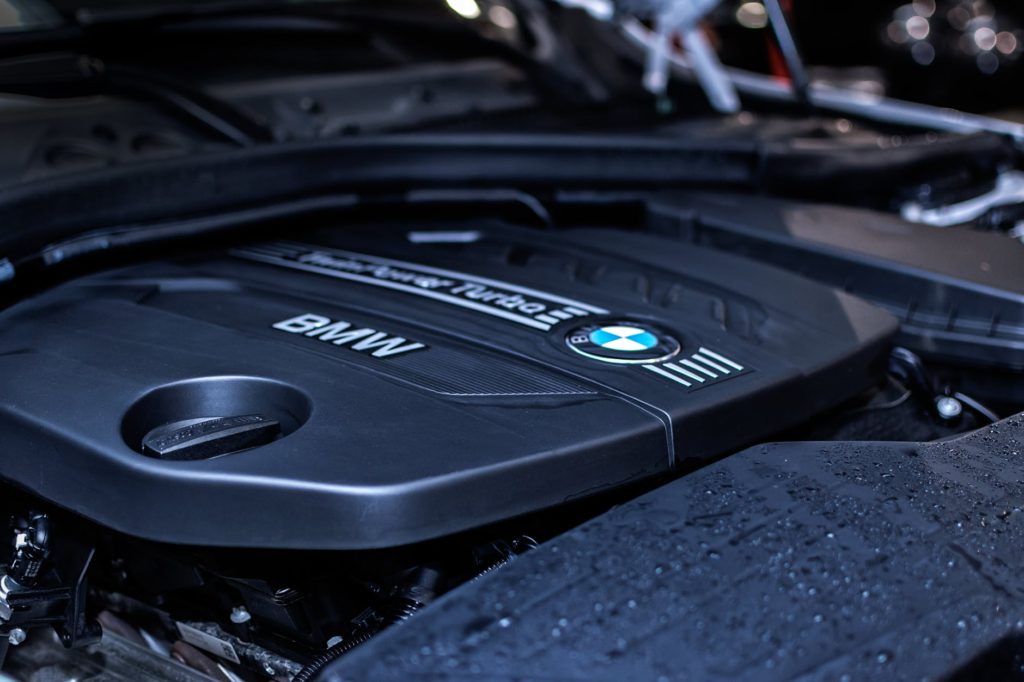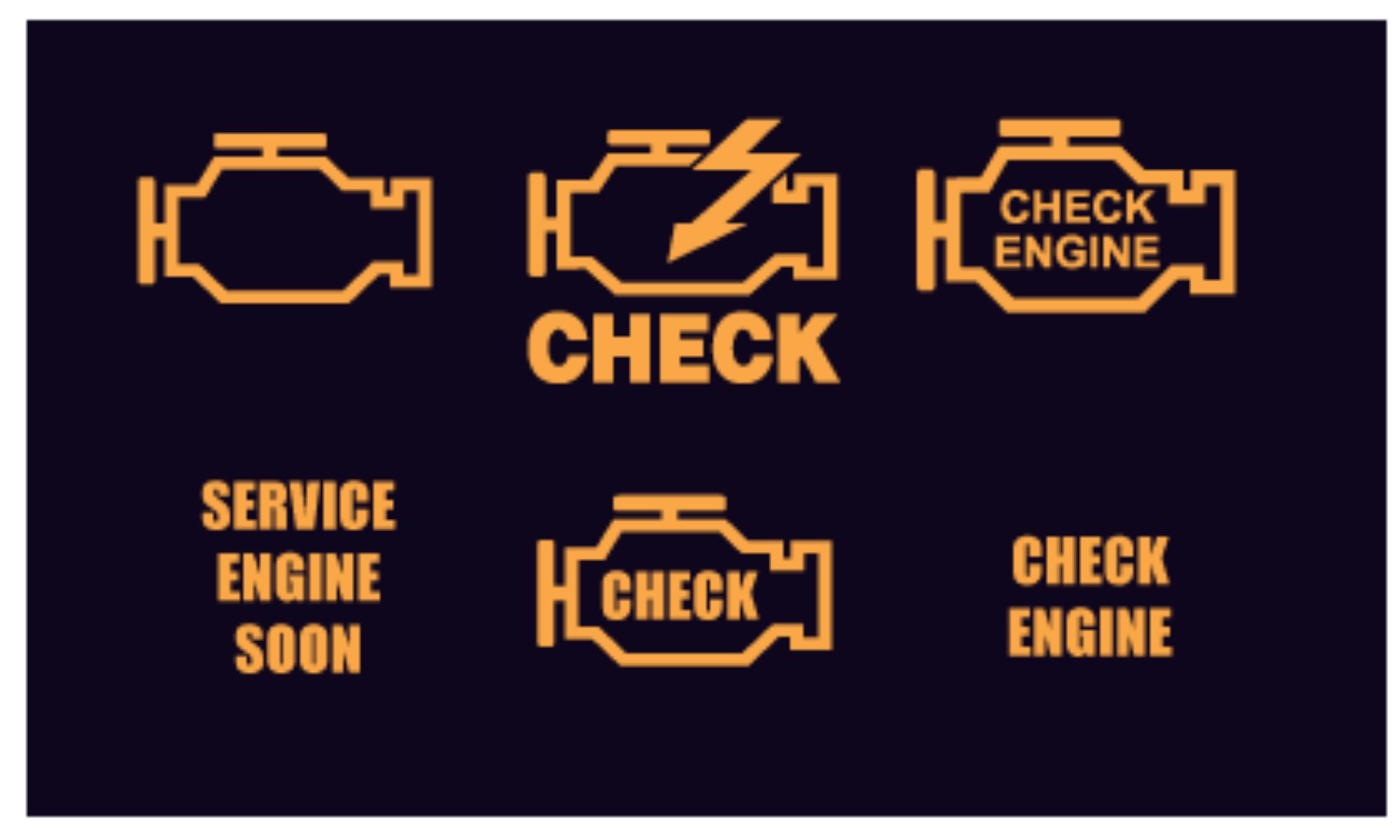It sounds incredulous for sure, and we wouldn’t be surprised if you thought we were lying, but in recent times something rather extraordinary has come to light in regards to the serpentine belt on some of BMW’s vehicles; when given the correct conditions, the serpentine belt can be sucked up into the vehicle’s engine.
You read that right. The belt does not simply get entwined. It quite literally ends up inside the engine.
Believe it or not, as crazy as these sounds, it’s not an entirely uncommon occurrence. It only seems to occur to vehicles fitted with a 3.0-litre l6 N5X engine. These engines are thankfully not included in all of BMW’s vehicles, but the following models may be at risk of suffering this grisly fate:
- 2004-2013 E9X 3-Series
- 2004-2010 E61 5-Series
- 2004-2010 E62 5-Series
- F10 5-Series made before 2015
- F11 5-Series made before 2015
So, what’s actually going wrong beneath the bonnet? Let’s have a look.
In normal vehicles, the serpentine belt is driven by a pulley which protrudes from the crankshaft, which in turn protrudes from the front of the engine block. The crankshaft is surrounded at one end by the front main seal (commonly referred to as the crank seal) which serves to keep oil inside the system and external substances out.
Now, the N5X engines still have all of these features—but with one notable difference. In the N5X, the pulley is located just a little closer to the engine block than normal, which in turn means that the gap between the engine and the pulley is smaller than usual. One would think that this would make the engine less of a risk—but in reality, it means that if the belt slips and gets caught, it can get stuck. The force applied by the crankshaft then forces the belt through the tiny gap and directly into the engine itself.
Naturally, the entire process chews up the serpentine belt and leaves it strewn throughout the engine in shreds. This can cause many of the engine’s functions to fail, including the essential ones, leaving the BMW effectively useless until the engine is completely cleaned.

Stopping Your BMW From Going Wrong
There is, sadly, no way to guarantee that this error won’t occur in your vehicle. However, you can minimize the risk by ensuring that you have a BMW-qualified mechanic who will know about this issue and be able to spot any potential warning signs. It most often occurs when the belt tensioner pulley slackens off or there is a leak in the oil filter stand, so if these problems are addressed in advance then you may never have to contend with a rogue serpentine belt.
RELATED ARTICLES:
